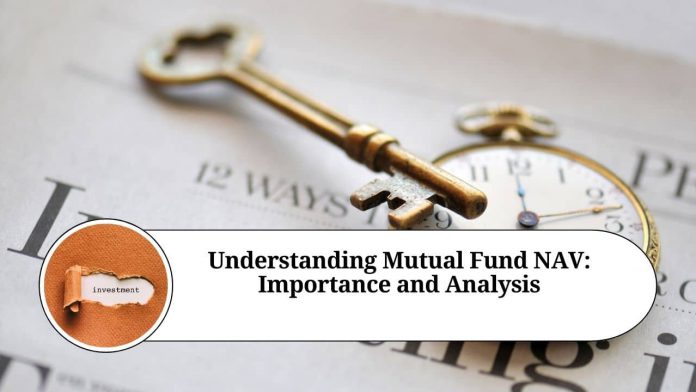Understanding the NAV History of Mutual Funds
As an investor, understanding the Net Asset Value (NAV) history of mutual funds is crucial. NAV is the price per share of a mutual fund, calculated by dividing the total value of assets in the fund by the total number of shares outstanding. It helps investors understand the performance of their investments in a mutual fund. In this blog, we will discuss the NAV history of mutual funds, its importance, and how to analyze it.
What is NAV History?
NAV history is the record of NAV values of a mutual fund over a specific period. It can be daily, weekly, monthly, quarterly, or yearly. This record helps investors track the performance of a mutual fund and make informed investment decisions. A mutual fund’s NAV history also gives investors an idea of the fund’s volatility and how it reacts to market conditions.
Importance of NAV History
The NAV history of mutual funds is essential because it helps investors make informed investment decisions. It gives a clear picture of a mutual fund’s performance over time, and investors can use it to determine if the fund has met their investment objectives. By analyzing a mutual fund’s NAV history, investors can also assess the fund’s volatility and risk.
How to Analyze NAV History?
Analyzing NAV history requires a basic understanding of the mutual fund’s investment objective and the market conditions during the period. Investors should look at the fund’s NAV over a specific period and compare it with its benchmark index. If the mutual fund has outperformed its benchmark index, it may be a good investment. However, investors should also consider the fund’s volatility and risk. A mutual fund with a high NAV does not necessarily mean it is a good investment.
Conclusion
In conclusion, NAV history is an essential tool for investors who want to make informed investment decisions. By analyzing a mutual fund’s NAV history, investors can assess the fund’s performance, volatility, and risk. Investors should also consider the fund’s investment objective and market conditions during the period. With this information, investors can make informed decisions and achieve their investment objectives.
Other Related Blogs: Section 144B Income Tax Act
Frequently Asked Questions (FAQs)
Q: What is a mutual fund?
A: A mutual fund is an investment vehicle that pools money from investors to invest in a variety of assets such as stocks, bonds, and other securities.
Q: What is NAV?
A: NAV stands for Net Asset Value, which is the price per share of a mutual fund, calculated by dividing the total value of assets in the fund by the total number of shares outstanding.
Q: Why is NAV important?
A: NAV is important because it helps investors understand the performance of their investments in a mutual fund. It also helps investors assess the fund’s volatility and risk.
Q: How often is NAV calculated?
A: NAV is calculated at the end of each trading day, based on the closing prices of the assets in the mutual fund’s portfolio.
Q: How can I invest in a mutual fund?
A: You can invest in a mutual fund through a financial advisor, a brokerage firm, or directly with the mutual fund company.
Q: What are the advantages of investing in a mutual fund?
A: The advantages of investing in a mutual fund include diversification, professional management, and liquidity.
Q: What are the risks of investing in a mutual fund?
A: The risks of investing in a mutual fund include market risk, credit risk, and liquidity risk.
Q: Can I lose money investing in a mutual fund?
A: Yes, investing in a mutual fund involves risk, and it is possible to lose money.
Q: How long should I hold a mutual fund investment?
A: The length of time you should hold a mutual fund investment depends on your investment objectives and risk tolerance.
Q: Can I redeem my mutual fund investment anytime?
A: Yes, you can redeem your mutual fund investment anytime, but you may be subject to fees and taxes.




















